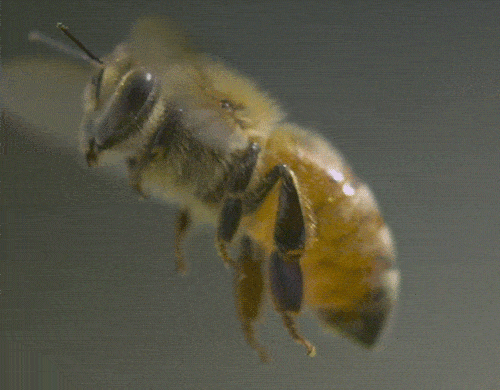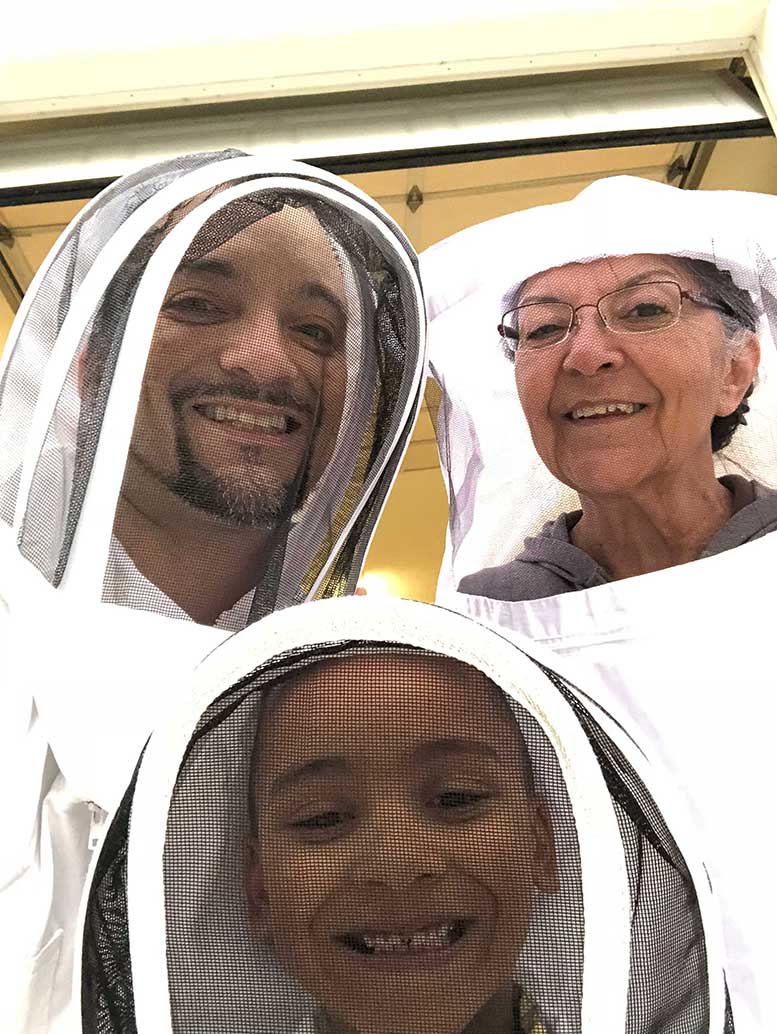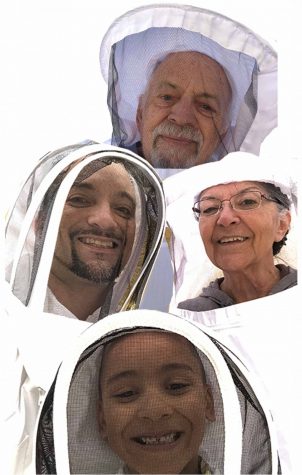- Your cart is empty
- Continue Shopping
Local Honey Believed to Help Allergies
Seasonal allergies are the worst to so many of us who love the great outdoors. They usually begin in February and last until September. Seasonal allergies occur when plants start to produce pollen. Pollen is a powder-like substance that helps plants reproduce.
People can inhale pollen, which leads to seasonal allergies. The allergies occur when the body perceives the pollen as a foreign invader, similar to a bacteria or virus. In response, the body mounts an attack. This results in symptoms such as:
- sneezing
- watery and itchy eyes
- a runny nose
- sore throat
- coughing
- headaches
- trouble breathing
Eating locally raised honey can reduce the need and use of allergy medications and can reduce the symptoms of those local pollens. Honey introduces all the local pollens into your body so that the immune system can get used to them. The idea behind honey treating allergies is similar to that of a person getting allergy shots. … When a person eats local honey, they are thought to be ingesting local pollen. Over time, a person may become less sensitive to this pollen. As a result, they may experience fewer seasonal allergy.
Ingestion of honey improves the symptoms of allergic reactions
BACKGROUND AND OBJECTIVES:
The role of honey in the treatment of allergic rhinitis (AR) is controversial. We studied the complementary effect of ingestion of a high dose of honey, in addition to standard medications, on AR.
DESIGN AND SETTINGS:
Prospective randomized placebo-controlled study. Subjects were recruited from an otolaryngology clinic in 2 tertiary referral centers in the East coast of Peninsular Malaysia. The study period ranged from April 2010-April 2011.
METHODS:
Forty AR patients were divided equally into a case group and a control group. All the subjects received a daily dose of 10 mg of loratadine for 4 weeks. The case group ingested 1 g/kg body weight of honey daily in separate doses for the 4-week period. The control group ingested the same dose of honey-flavored corn syrup as placebo. AR symptoms were scored at the start, week 4, and week 8 of the study.
RESULTS:
There were no significant differences between the mean total symptom score of the case and the control groups at the start of the study. At week 4, both groups showed progressive improvement in the symptoms; at week 8, only the case group showed a continuous improvement in the symptom score. Only the group that ingested honey showed a significant improvement in individual AR symptoms. The improvement persisted for a month after the cessation of the treatment.
CONCLUSION:
Honey ingestion at a high dose improves the overall and individual symptoms of AR, and it could serve as a complementary therapy for AR.
taken from an educational article which you can read here


